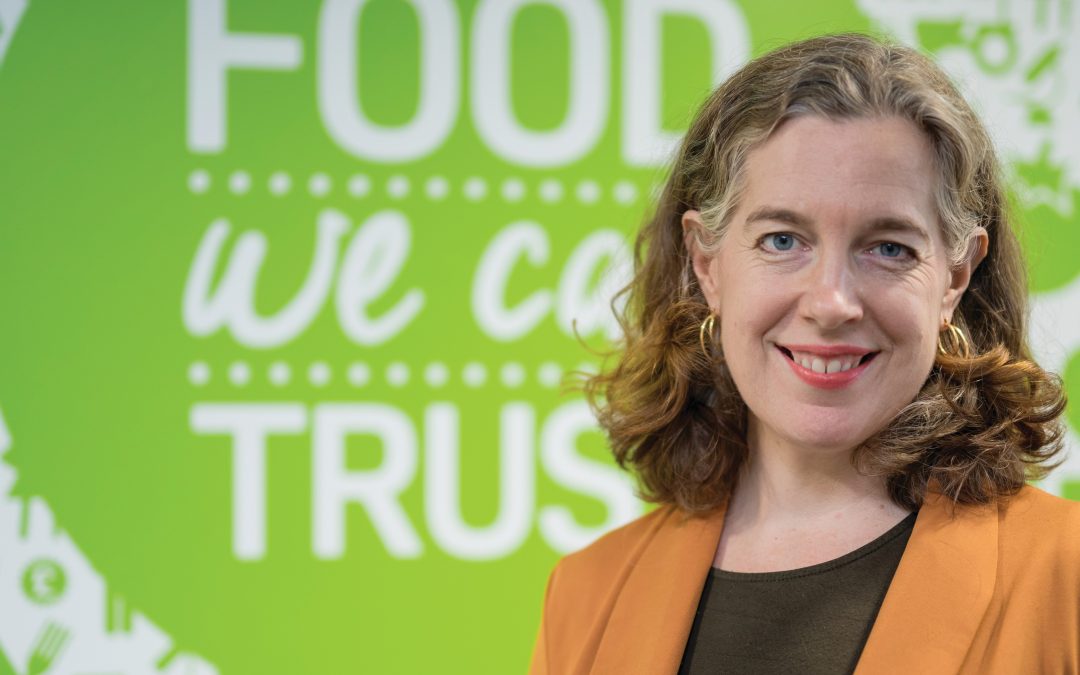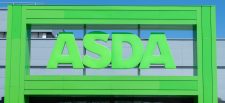The Food Standards Agency (FSA) has launched a campaign highlighting the risks of food labelled as ‘vegan’ to people with food allergies.
FSA said the aim of the campaign was to support people who have an allergy to milk, eggs, fish and crustaceans or molluscs by encouraging them to always check for a precautionary allergen statement such as ‘may contain’ on products labelled ‘vegan’.
The campaign is being supported by three UK allergen charities – Allergy UK, Anaphylaxis UK and the Natasha Allergy Research Foundation.
Food Management Today previously covered the call for tighter legislation on vegan labelling, as the Chartered Trading Standards Institute (CTSI) asked Government to updated labelling guidance.
Research from the FSA said that:
- 54% of those who react to products of animal origin have used vegan labelling to indicate whether a food is safe to eat at least sometimes when buying packaged food
- 53% of those who buy for someone with a food hypersensitivity to products of animal origin have used vegan labelling in this way at least sometimes when buying packaged food
- 29% of people who react to or buy for those who react to products of animal origin weren’t aware they should check for a precautionary allergen label on vegan products to inform a decision on whether it’s safe to eat.
Emily Miles, CEO of the FSA, said: “It’s concerning that so many people who are allergic to milk, eggs, fish and crustaceans or molluscs believe food labelled as ‘vegan’ is safe for them to eat because they assume it doesn’t contain products of animal origin.
“Unfortunately, the reality of food production means there is still a risk of cross-contamination with animal-based allergens in vegan and plant-based products if produced in the same factory as animal-based products.
“That is why, through our ‘Vegan Food and Allergens Campaign’ we are urging people to always check for a label such as a ‘may contain’ and have a conversation about their allergens with food servers and businesses.”
Differentiating between labels
The campaign also explains how free-from labels are different to vegan or plant-based labels, and highlights that to use a free-from label, food businesses must follow strict processes to eliminate risks of cross-contamination so that they do not contain any of the allergen that they claim to be free-from.
The supporting charities have collectively said: “Every day we hear from people with food allergies, and their families, who face difficulties when choosing food that is safe for them to eat. We hope that by raising awareness of the issue it helps people with food allergies choose food that is safe for them.
“This worrying research shows that many people with allergies to products of animal origin are buying vegan and plant-based food and assuming it is safe to eat, without taking further precautions to check the label.
“This campaign will highlight the risks of people eating vegan and plant-based food without taking further action to check it is safe for their allergies, as well as inform them of differences between vegan products and free-from products.”
Claire Ogley, head of campaigns, policy and research at the Vegan Society, said: “Our Vegan Trademark shows products are vegan to our rigorous standards as far as is practical and possible, and that efforts have been made to avoid cross-contamination. However, it is essential that people understand that a ‘vegan’ label does not necessarily mean the product is ‘allergen-free’ and people with allergies should always check the allergen labelling on products before consuming them.
“We support this campaign from the FSA to help keep people with allergies safe.”









